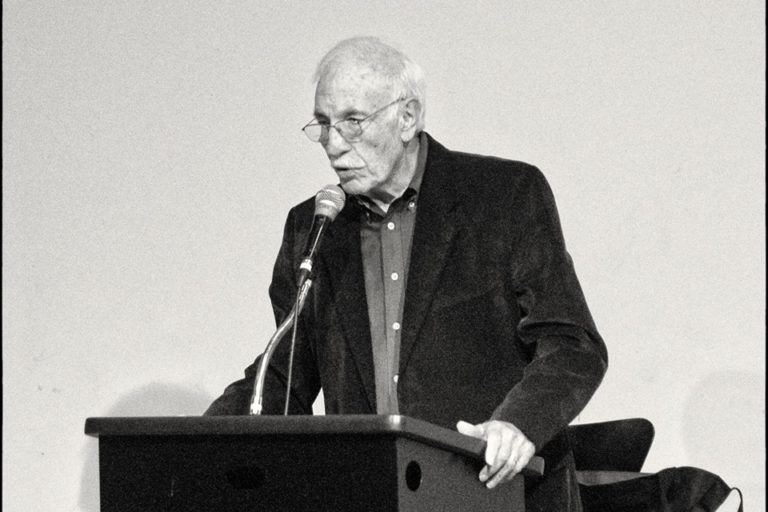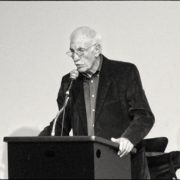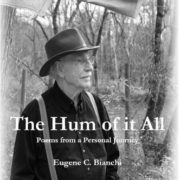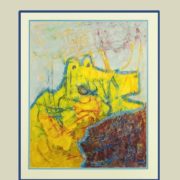Revolutionaries and religion
An excerpted review of Eugene Bianchi’s 1972 book,”The Religious Experience of Revolutionaries” (New York Times, November 5 1972) by Will Davison:
To look for the religious experience common to the Rev. Martin Luther King Jr., D.D., the Rev. Daniel Berrigan, S.J., and even Malcolm X is a reasonable venture. Add revolutionaries like Abbie Hoffman, Che Guevara and Frantz Fanon, though, and it would seem that chances of the search’s success are slim. Eugene C. Bianchi attempts here to show that he has succeeded.
Early on, the reader is disabused of the idea that true religious experience today is anything like the faith of our fathers: “The religious experience can be found in its deepest dimensions within the secular experience…. I am affirming that the secular experience is not to be reduced to a traditionally religious (Christian, Muslim, Jewish) meaning or symbolization.”
… In two chapters, a quarter of the book, Bianchi spells out guidelines for exploring revolutionary religiousness and puts forth his reflections on dissenting spirituality. He sets up a series of scholarly, dialectical, mobile hurdles over which the revolutionaries are obliged (reluctantly at times, it seems) to jump. Guevara was an avowed atheist, but Bianchi assures us that he didn’t behave very much differently from someone who believes in God. When Berrigan and King said they believed in God, they really meant, interprets Bianchi, they believed in Guevara’s New People or Fanon’s New Humanity. …
This is not an easy book read—perhaps fortunately. Its style is redolent of the mindboggling, tortuous syntax peculiar to such monumental works as Niebuhr’s two‐volume “Nature and Destiny of Man,” Tillich’s three‐volume “Systematic Theology” and Barth’s multivolume “Church Dogmatics.” Not exactly campfire reading for revolutionaries!








